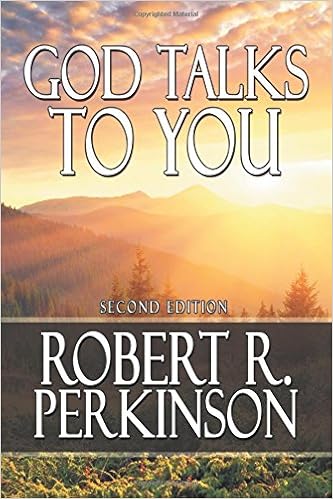Alcohol Abuse
Twenty Questions About Alcohol Abuse
Following is the DSM criteria for diagnosing Alcohol Abuse and Alcohol Dependence
Diagnosis: Alcohol Abuse
A. A maladaptive pattern of psychoactive substance use leading to clinically significant impairment or distress indicated by one (or more) of the following, occurring within a 12-month period:
1. Recurrent substance use resulting in a failure to fulfill major role obligations at work, school or home (e.g., repeated absences or poor work performance related to substance use; substance-related absences, suspensions, or expulsions from school; neglect of children or household).
2. Recurrent use in situations in which use is physically hazardous (e.g., driving an automobile or operating a machine when impaired by substance use).
3. Recurrent substance-related legal problems.
4. Continued substance use despite having persistent or recurrent social or interpersonal problems caused or exacerbated by the effects of the substance (e.g., arguments with spouse about consequences of intoxication, physical fights).
B. The symptoms never met the criteria for Psychoactive Substance Dependence for this class of substance.
If you are unable to diagnose abuse, check with the family. This patient may be in denial and you may get more of the truth from someone else. Family members, particularly a spouse or a parent, may give you a more accurate clinical picture of the problems.
If you diagnose abuse, move on to the dependency questions.
Find a treatment facility near you
Chemical Dependency Counseling: A Practical Guide, Fourth Edition This best selling book is used by most treatment centers to treat addiction. It will tell you everything you need to know about treating addictive disorders. Plus it includes all of the tests and exercises for clients that will satisfy accrediting bodies.
Treating Alcoholism: Helping Your Clients Find the Road to Recovery:Everything you need to know to help someone with an alcohol or drug problem.
The Alcoholism and Drug Abuse Client Workbook, Second Edition:All of the exercises a client needs to develop a stable recovery program. Used in most treatment settings as the treatment workbook.
The Gambling Addiction Client Workbook, Second Edition: All of the exercises a person needs to develop a stable gambling recovery program. Used by many gambling programs as their treatment workbook.
The Big Book of Alcoholics Anonymous says that only God can relieve the illness of addiction. Here are a few spiritual tools to help you:

God Talks To You: Second Edition:Teaches you how to hear God's voice and details the spiritual path forward. Includes spiritual tests, prophets, prayer, meditation, contemplation and how to find a spiritual friend.
Peace Will Come CD Sit back and let the words and music sink into your soul. Come back often and play the songs over and over again. You won't be sorry. God will teach you many things you need to know.
A Communication From God: A meditation tape that will give you long communications from God. The tape takes you through two exercises where God speaks to you directly.
Addiction stops your spiritual progress.
Begin a new spiritual journey:www.godtalkstoyou.com
Read the latest research for a school paper or project from the National Library of Medicine















